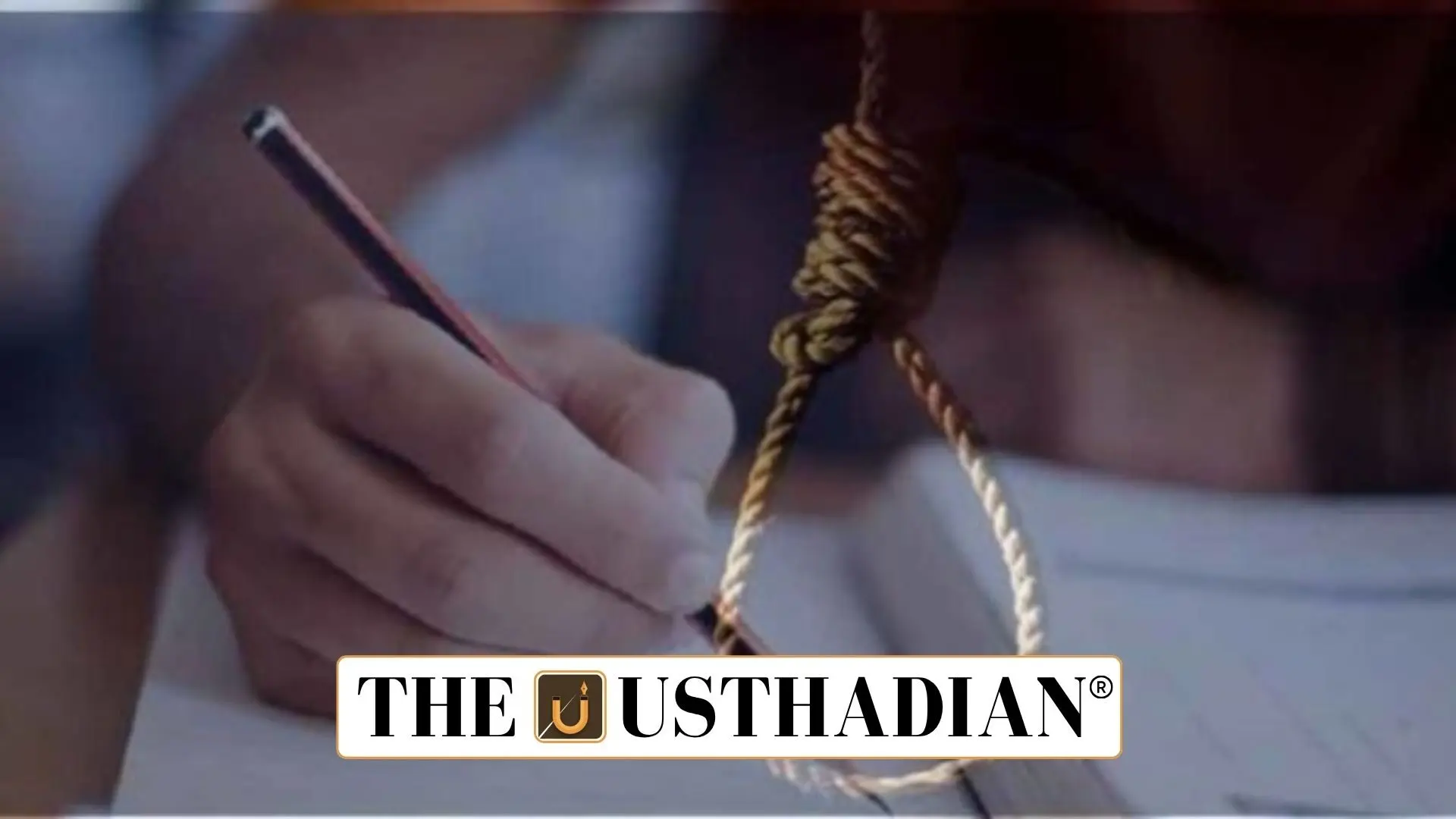Rise in Student Suicides in India
Supreme Court Forms National Task Force to Address Student Suicides in Higher Education: The Supreme Court of India has taken a crucial step in response to the alarming rise in student suicides across India’s top educational institutions. This decision follows recent suicides at IIT Delhi, which have intensified public concern and highlighted a troubling pattern of emotional distress among students. More than 13,000 student deaths have been reported in recent years, many linked to academic stress, caste-based harassment, and mental health neglect, prompting the court to demand urgent institutional reforms.
Creation of the National Task Force (NTF)
To tackle this crisis, the court established a National Task Force (NTF) under the leadership of Justice S. Ravindra Bhat, a former Supreme Court judge. The NTF includes experts from mental health, social justice, and higher education sectors. It is tasked with inspecting campuses, identifying suicide triggers, and reviewing current student protection frameworks. This cross-disciplinary team will be allowed to make surprise visits to institutions and interact with students and staff to assess on-ground realities.
Mandate to Tackle Discrimination and Mental Health
The NTF’s scope extends to investigating systemic issues like caste discrimination, as the families of the deceased students alleged bias and neglect due to their community background. Alongside academic pressure, such discrimination adds to emotional burdens. The court has made it clear that institutions cannot ignore their legal and ethical responsibility in ensuring a safe and inclusive environment. The police have also been instructed to register FIRs where foul play is suspected in any student death.
Reforming Academic Environments
India’s competitive, score-centric education model was identified as a major stressor for students. The Supreme Court criticised the lack of empathy in academic systems and called for reforms that prioritise student well-being over exam results. It urged institutions to invest in counseling, peer support, and proactive mental health policies. The NTF will recommend structural improvements, including curriculum reforms and grievance redressal systems, to help prevent future tragedies.
STATIC GK SNAPSHOT
Supreme Court Forms National Task Force to Address Student Suicides in Higher Education:
| Topic | Detail |
| Institution Involved | Supreme Court of India |
| Task Force Name | National Task Force (NTF) |
| Chairperson | Justice S. Ravindra Bhat |
| Trigger Event | Student suicides at IIT Delhi |
| Total Student Suicides (Recent) | Over 13,000 in recent years |
| Key Issues Addressed | Academic pressure, caste discrimination, mental health gaps |
| Police Directive | FIR registration for suspected foul play in student deaths |
| Interim Report Deadline | 4 months |
| Final Report Deadline | 8 months |
| Initial Government Funding | Rs 20 lakh |








